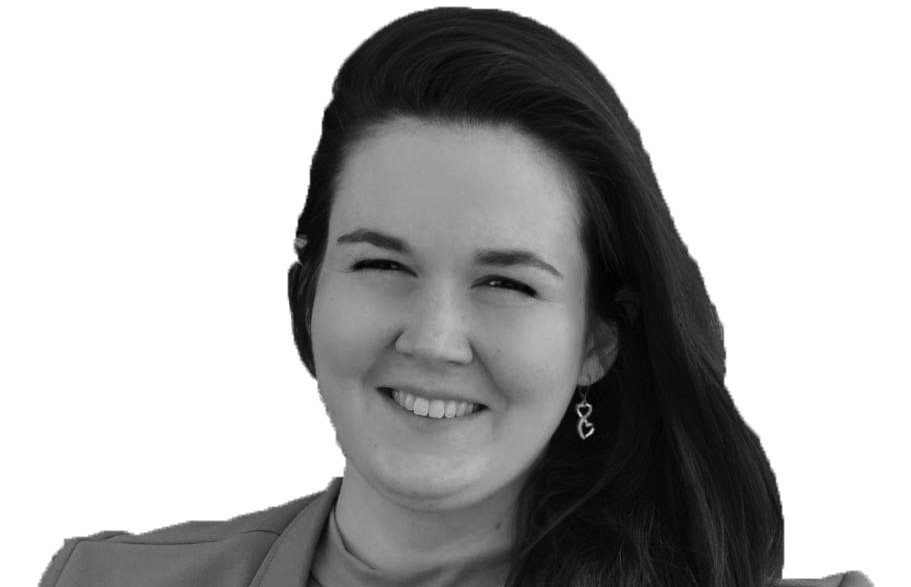“Trust in the LORD with all your heart, on your own intelligence do not rely;” —Proverbs 3:5
One day, in the back of a 15-passenger van on the backroads of Nicaragua, I was speaking with one of our translators for our mission. He looked around at everyone sleeping and said, “Can you believe how crazy these people are?” Not knowing what he was talking about, a confused look took over my face. He explained that we do not trust God with our past, present, or future, but we have put our lives in the hands of this driver that not one of us knows. Suddenly fearful of my fate in the hands of this driver, I began to question the trust I had in God.
Conviction
“The most striking contradiction of our civilization is the fundamental reverence for truth which we profess and the thorough-going disregard for it which we practice,” Vilhjalmur Stefansson said. I can say with confidence and peace that I wholeheartedly trust God. However, my conviction of everything God has promised does not always transcend to my actions, behavior or demeanor.
The best comparison I can think of is a diet. I know what actions I need to take in order to be healthy, and can say with conviction and even excitement that I plan to do those actions. If the temptation to indulge presents itself, more often than not I will fail. God invites us to contemplate why our convictions do not always coincide with our actions. Matthew 26:41 says, “Keep watching and praying that you may not enter into temptation; the spirit is willing, but the flesh is weak.”
‘The spirit is willing, but the flesh is weak’ (Mt. 26:41)
Each sin I commit, big and small, is grounded in a lack of trust in God’s promises of mercy, love, justice and peace. An example is seeking comfort in food, relationships, or shopping instead of finding comfort in God. Those things are not sins in themselves, but when distorted in a way that keeps us from God instead of turning us toward Him, they can be sinful. Choices that seek love and comfort outside of God are not what we are called to participate in as His followers. When God does not give me what I feel I need, when I feel I need it, I turn to the world.
Made for greatness
Pope Benedict XVI reminds us, “The world offers you comfort. But you were not made for comfort. You were made for greatness.” The truth is that I do trust God to provide for my needs, but I also know that I need to do my part. The lack of trust comes in when I try to do both mine and God’s part, whether it be with money, health, relational, etc. Some people have the opposite challenge when it comes to trusting God, like the religious man who expects supernatural intervention but does not recognize the presence of God in humanity.
A religious man
There is a story of a religious man who was on top of a roof in a great flood. He awaited rescue when someone with a boat came along and offered a ride. The religious man declined because he trusted God would save him. Another person with a boat came along, but the religious man declined again because he was still waiting for God. He was nearly about to drown when a helicopter dropped a ladder for him, only to be declined because he was still waiting on God. The religious man died and gets to heaven upset with God. God replies, “I sent you two boats and a helicopter; what else did you want?”
Let go and let God
If you are “a religious man” or suffer from “weakness of the flesh,” God invites you to trust Him with all of your cares, big and small. When people say, “Let go and let God,” what or whom are we surrendering to God? We are recognizing the weakness of our flesh and committing to keep watching and praying. “If a care is too small to be turned into a prayer, it is too small to be made into a burden,” Corrie ten Boom said. In the same way you can get into a car with a complete stranger and trust that he will get you to your destination, God is calling you to trust Him with your life.
Mary Morasso is a mother and parishioner of SS. Cyril and Methodius Parish in Sterling Heights. She holds a bachelor's degree in pastoral theology from Sacred Heart Major Seminary and has taught theology at the high school level.










